RESOURCES
The Center for an Informed Public is an interdisciplinary research initiative at the University of Washington dedicated to resisting strategic misinformation, promoting an informed society and strengthening democratic discourse.
CIP Projects & Resources

Modern-Day Oracles or Bullshit Machines?
In February 2025, CIP faculty members Carl Bergstrom and Jevin West introduced Modern-Day Oracles or Bullshit Machines?, a free online humanities course about how to learn, work and thrive in a world increasingly dominated by artificial intelligence. The course is designed so you don’t need a technical background to teach or understand its lessons.

Media Mentorship
Media Mentorship projects, developed and tested by CIP-affiliated researchers, high school teachers, librarians, and students across Washington state, give students a chance to become the teacher and help their peers, families, or larger community learn what it takes to navigate today’s information environment.

MisinfoDay
MisinfoDay is an annual media literacy educational event that brings together high school students, teachers and librarians on university campuses for a day to learn how to navigate complex information environments and make informed decisions about what to believe online.
Learn more about MisinfoDay,

MisinfoDay Resource Library
The MisinfoDay Library offers a wide range of free virtual content and resources — from workshop recordings from previous MisinfoDay events to gamified learning activities — for educators to bring MisinfoDay to their classrooms and campus! Additionally, a newly developed MisinfoDay toolkit makes the implementation process even easier.

Co-Designing for Trust
Co-Designing for Trust is a community-led collaboration among CIP-affiliated and other academic researchers, with librarians, educators and community organizations who support their communities to find trustworthy information working to develop customized and practical educational resources through community co-design work.

Loki's Loop
Loki’s Loop is a CIP-led project with a mission to design educational games that offer experiential and social learning opportunities for building resilience and agency in today’s fractured information environment. In 2020, we launched our first game, the Euphorigen Investigation, and have developed different versions in the years since. | Video overview
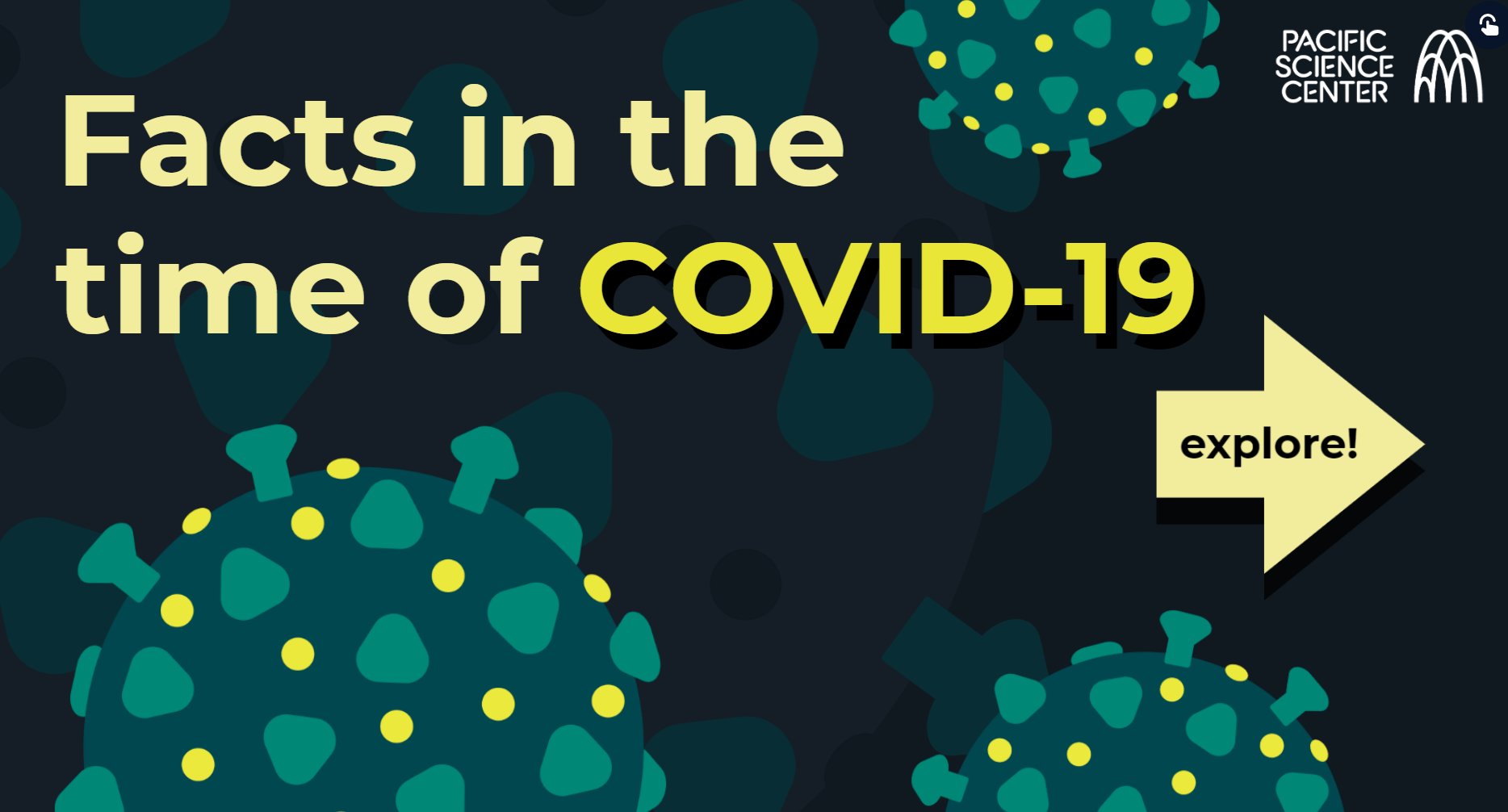
Facts in the Time of COVID-19
During a pandemic it’s more important than ever to avoid falling for or spreading misinformation and disinformation. But with so much new and changing information, how do you know what to trust? Pacific Science Center in Seattle teamed up with the University of Washington’s Center for an Informed Public to create a virtual exhibit designed help you navigate COVID-19 and the 24-hour news cycle.
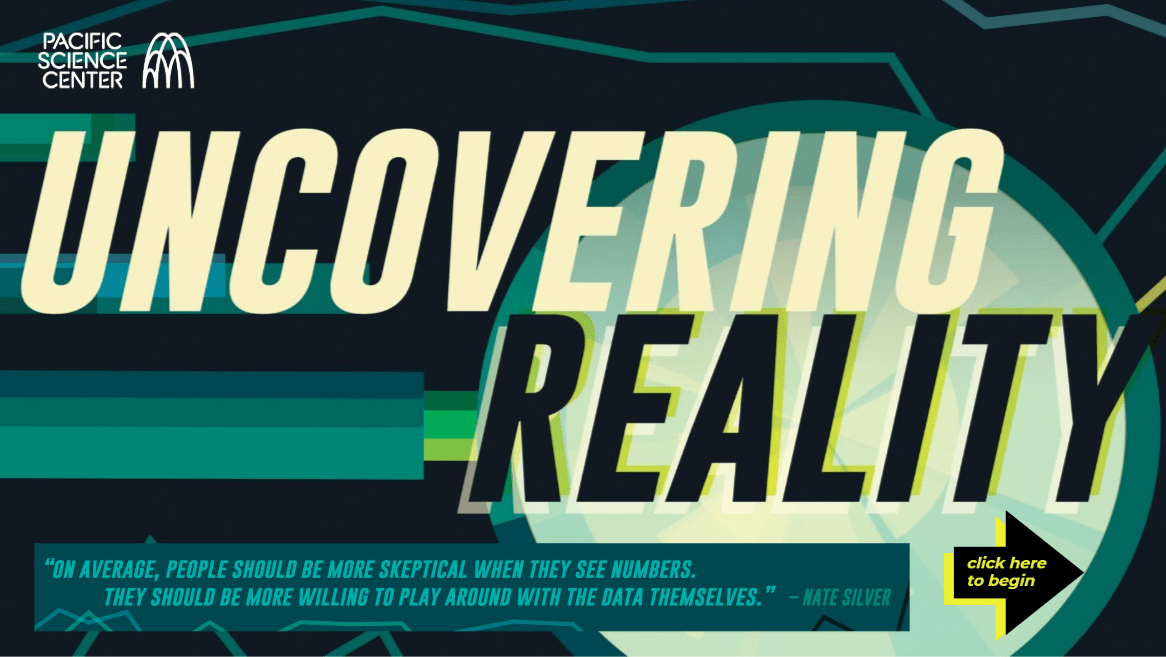
Uncovering Reality
We’re all looking at a lot of graphs and charts during the ongoing pandemic, but which are trustworthy? Check out this virtual exhibit, created by Pacific Science Center with the University of Washington’s Center for an Informed Public, to learn more about some of the common ways data visualizations can be accidentally distorted or intentionally manipulated and why that matters.
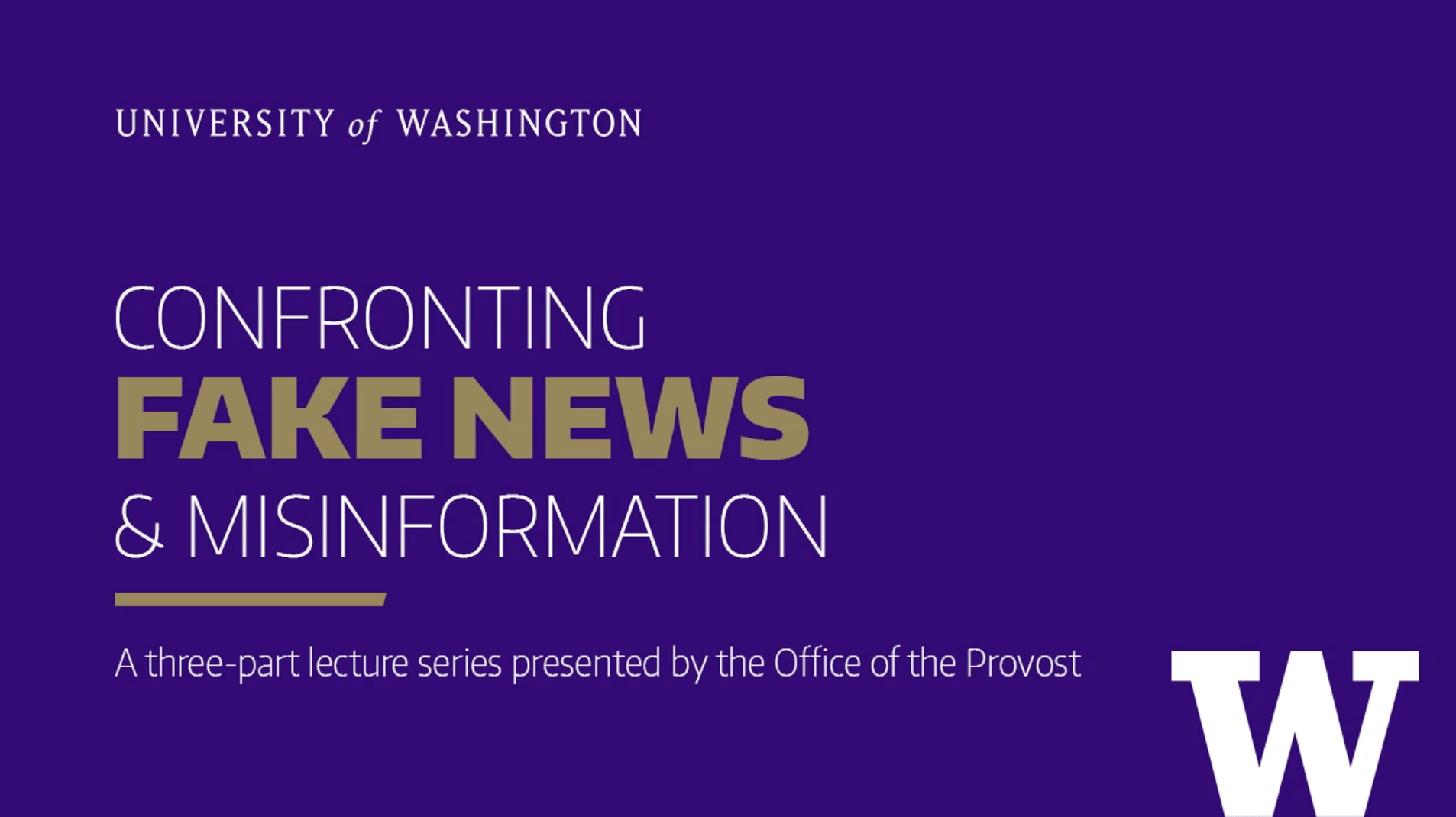
Fake News and Misinformation
Mini Lecture Series
Find insights from subject matter experts in academia and industry in this mini lecture series recorded in April 2018. Topics include strategies for cleaning up our polluted information system (CIP’s Jevin West), research conducted on online rumors in the context of crisis response (CIP’s Kate Starbird), and weaponized AI propaganda (Berit Anderson).
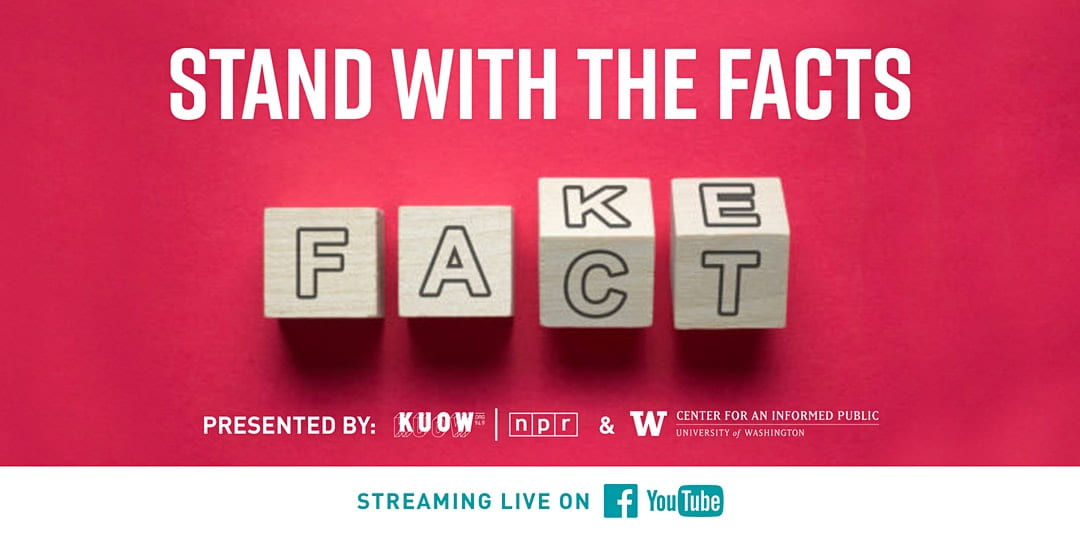
Stand With the Facts
In spring 2020, KUOW public radio in Seattle partnered with the Center for an Informed Public on a virtual event series focused on misinformation, how to spot it and stop its spread. On KUOW’s Stand With the Facts information page, check out extended interviews with CIP researchers and a Stand With the Facts toolkit.
Coexisting With COVID-19: COVID and the Truth
The 24-hour news cycle can be overwhelming. While we want to be informed, we also want to know that what we are learning is accurate and our information sources are trustworthy. As part of the University of Washington Graduate School’s Public Lectures series “Coexisting with COVID-19,” the Center for an Informed Public’s Jevin West and Kate Starbird talk about how we can be best informed in the face of often conflicting information.
TEDx Talk: ‘Unmasking Misinformation’
In this July 2020 TEDx talk, Chris Coward suggests that everyone needs to become familiar with the basics of how mis- and disinformation works. He takes us on a tour of several disinformation tactics and discusses why these have been so effective in changing people’s beliefs. He concludes with some tips for more safely engaging with potentially problematic information. Chris Coward, a senior principal research scientist at the UW Information School, is a Center for an Informed Public cofounder and serves as director of the Technology & Social Change Group.
CIP-Recommended Resources

CTRL-F
CTRL-F, a project from Canadian nonprofit CIVIX, is an extension of the SIFT Method, a method for information literacy. The project provides simple skills for sorting through facts and misinformation online. Help students become robust fact checkers and combat misinformation with a verification skills module themed around COVID-19.
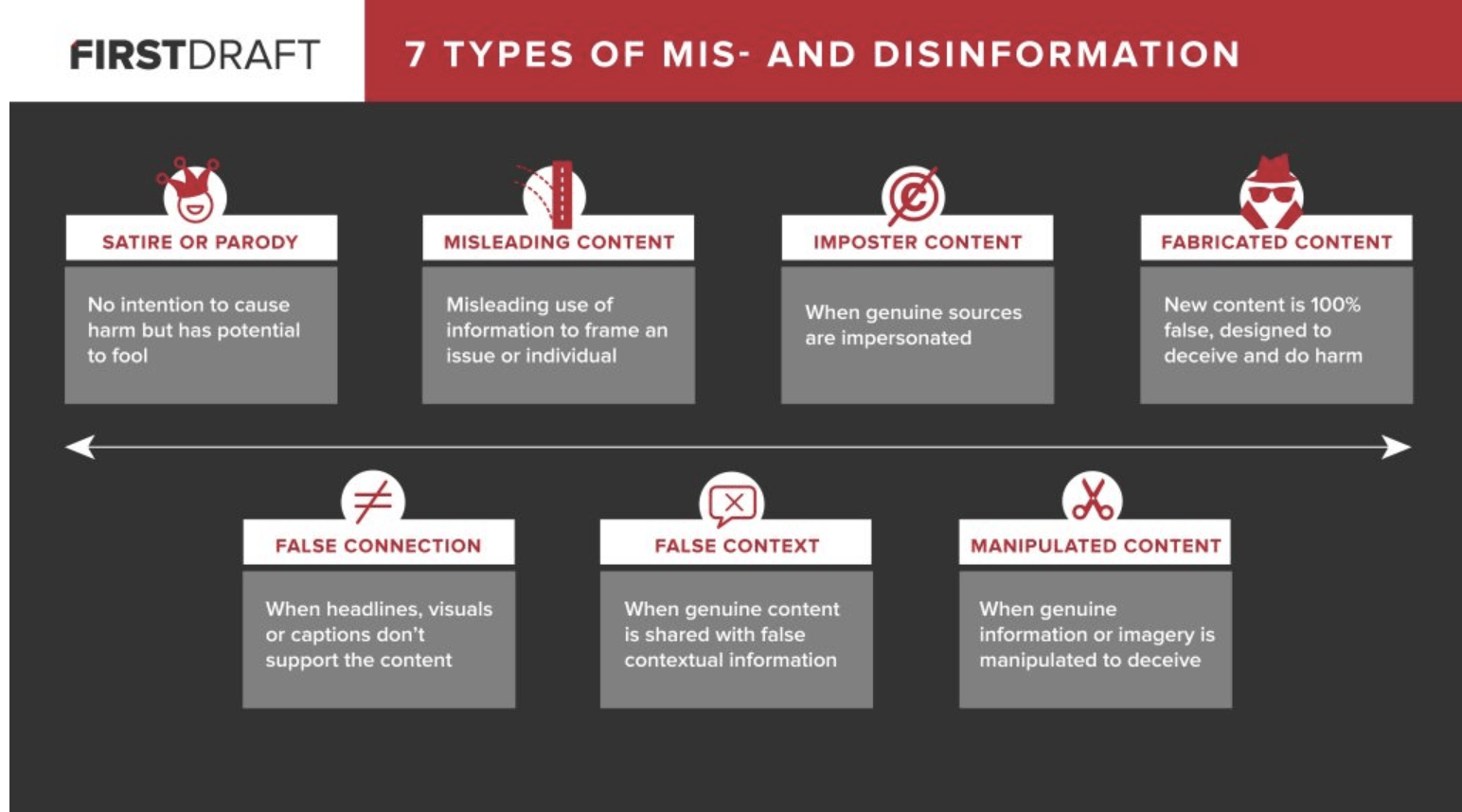
‘Fake News. It’s Complicated.’
This article from First Draft News provides a few ways to better understand the information ecosystem. It looks at the different kinds of misinformation and disinformation being created and shared, the motivations behind those who create content, and how they disseminate information. The typology of seven distinct content types and the matrix of intent are valuable tools.
Critical Disinformation Studies Syllabus
This syllabus, developed by researchers at the University of North Carolina-Chapel Hill’s Center for Information, Technology and Public Life (CITAP), rethinks disinformation research by incorporating history, inequality, power and culture. We argue that disinformation is a key way in which whiteness in the United States has been reinforced and reproduced, as well as heteronormativity and class privilege.
KQED Teach: Media Academy for Educators
This instructor-led KQED Media Academy course helps empower students to effectively assess the accuracy and quality of information across media formats and understand the techniques content creators use to shape their messages.
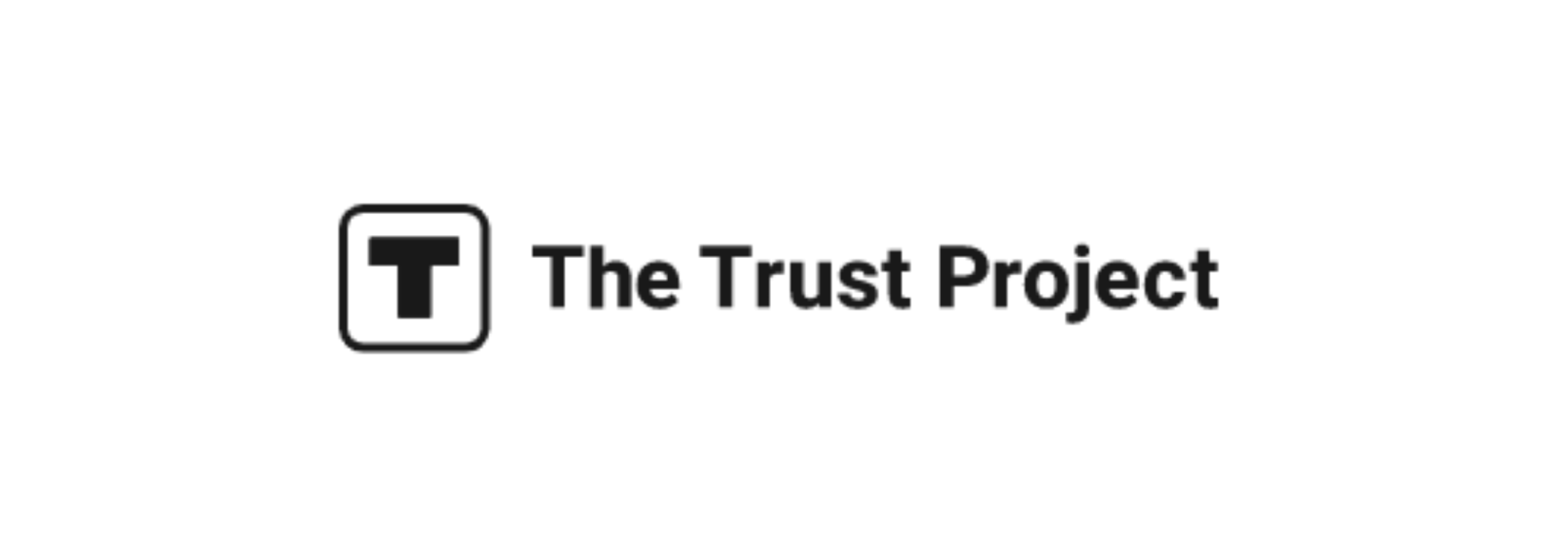
The Trust Project
The Trust Project is an international consortium of news organization building standards of transparency and working with technology platforms to affirm and amplify journalism’s commitment to transparency, accuracy, inclusion and fairness. The Trust Project has designed a system of “Trust Indicators” — that is, standardized disclosures about the news outlet, journalist and the commitments behind their work.
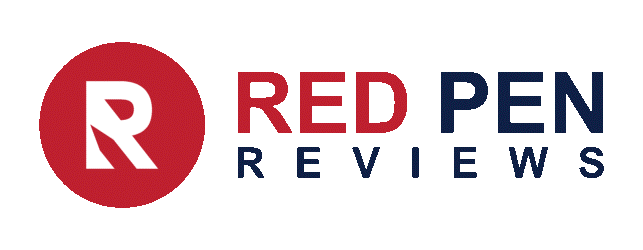
Red Pen Reviews
Red Pen Reviews uses a structured expert review method to deliver the most informative, consistent and unbiased nutrition and health book reviews available, free of charge. Reviewers all have a master’s degree, equivalent or higher in a relevant field of science. Each book review is the work of two experts: a primary reviewer who writes the review, and a peer reviewer who checks the work.

Zotero Reference Library
Use this comprehensive and curated list produced by CIP researchers to find current interdisciplinary research on misinformation and disinformation.
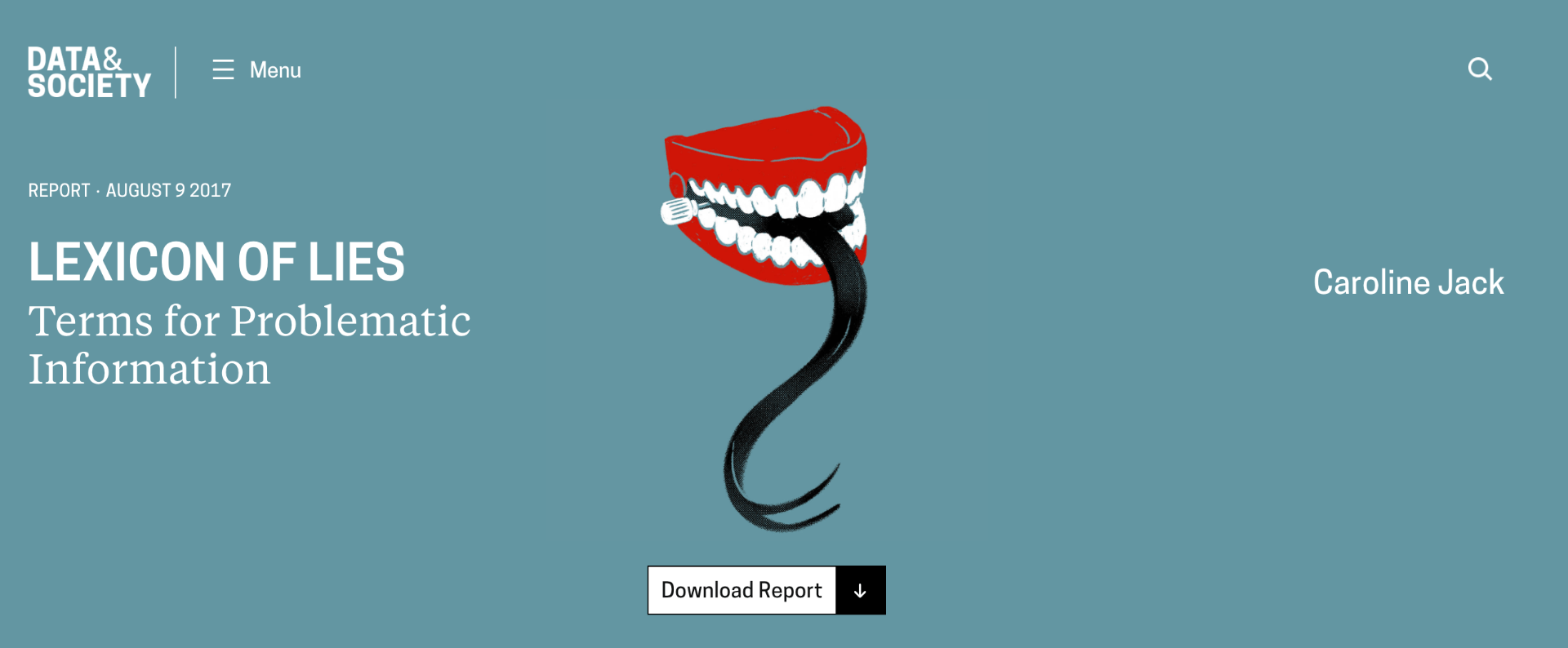
‘Lexicon of Lies’
From “misinformation” to “propaganda” to “parody,” use this report from independent nonprofit research organization Data & Society to better understand and describe the accuracy and relevance of media content. This report unpacks specific origins and applications of different forms of problematic information.
